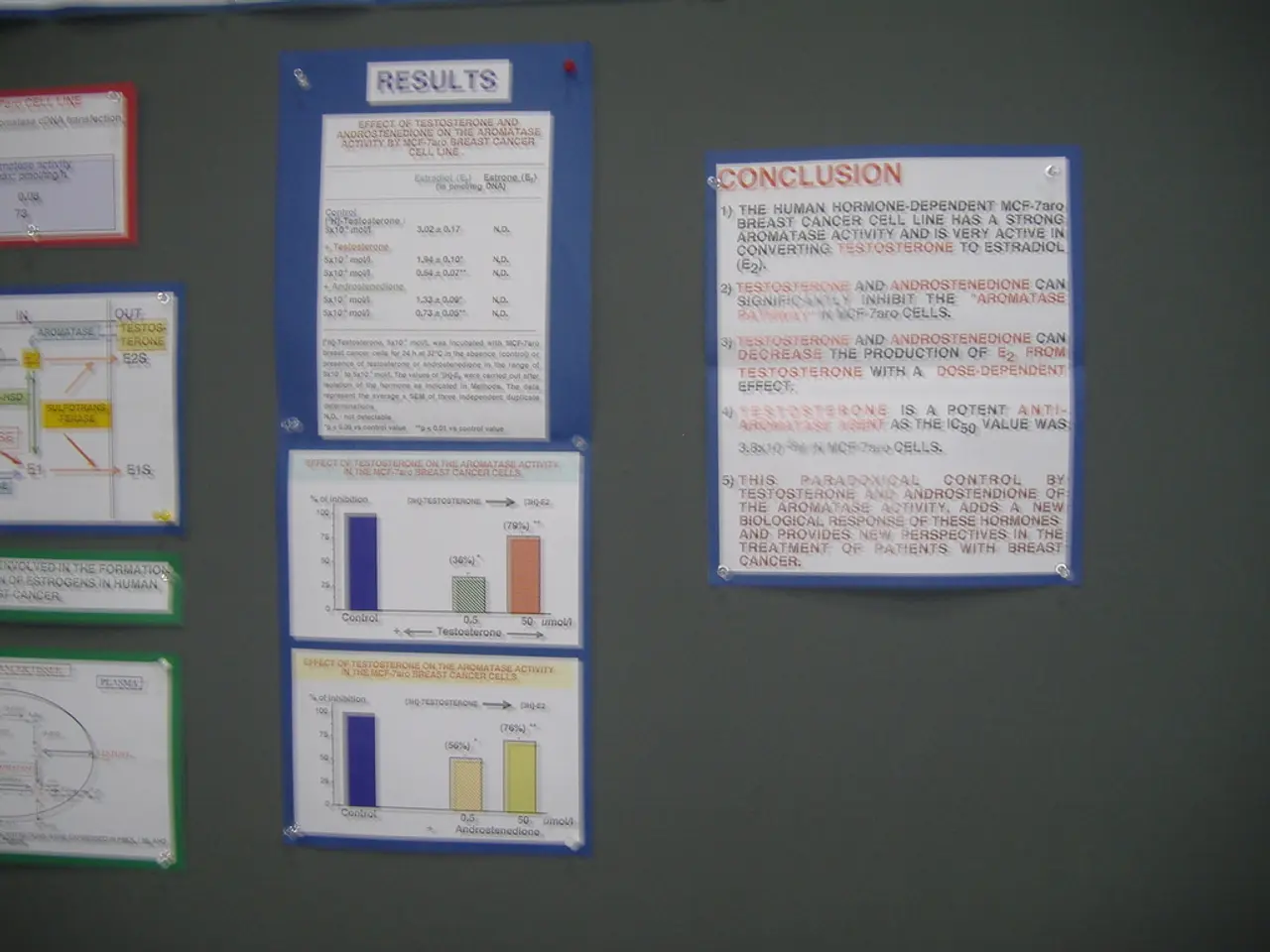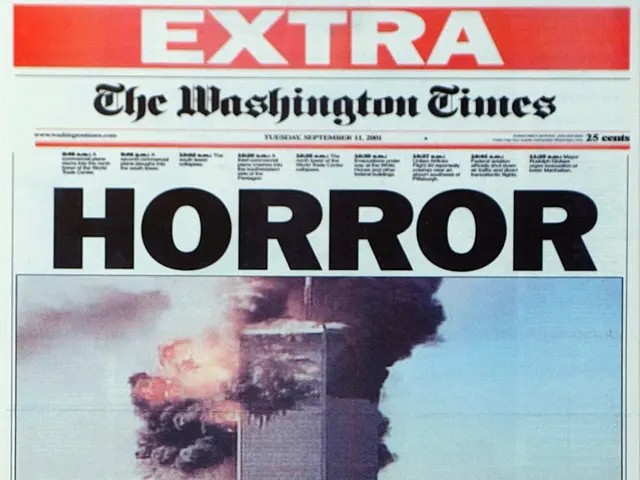Conflict in the West Bank: Unspoken Battles Rage On
The Israeli government has given the green light for the construction of approximately 3,400 housing units in the E1 area, adjacent to Ma’ale Adumim, marking a significant step forward in a plan that has been a source of international concern for decades [1][2][5]. This decision is part of a broader plan to advance 3,753 housing units across the West Bank, with 3,401 units specifically in E1 [1].
The potential impact of the E1 project on Israeli-Palestinian coexistence and the two-state solution is widely seen as devastating and existentially threatening to peace prospects. The project would effectively split the West Bank, severing the territorial continuity between the northern and southern parts and between Palestinian population centers like Ramallah, East Jerusalem, and Bethlehem [1][3][4]. This fragmentation would severely undermine the territorial contiguity vital for a viable Palestinian state, thus threatening the two-state solution [2][3].
International and Palestinian rights organizations, as well as UN officials, have condemned the plan. The UN Secretary-General explicitly stated that the settlement activity violates international law and UN resolutions and called for an immediate halt to all such settlement construction [3]. Experts warn the expansion risks displacement of Palestinian residents and deterioration of their living conditions, further exacerbating conflict and undermining coexistence [2][4].
The E1 project, also known as "Doomsday" by Palestinians, has been running at full speed on the outskirts of Jerusalem. It threatens several Bedouin settlements and could sever the last connection between Hebron, Jerusalem, and Ramallah [4]. The mayor of Ma’aleh Adumin wants to erect a fence that could potentially reach Jerusalem, potentially cutting off dozens of Bedouin communities like al Khan Al-Ahmar from the rest of the West Bank [6].
Radical settlers have been evicting Palestinian farmers from their fields almost daily, with most of the called-up reservists in Hebron and Jenin coming from illegally built settlements [7]. The Israeli army, responsible for the security of E1 located in Sector C of the West Bank, is preparing for the potential closure of settlers' roads, necessitating a new North-South route for Palestinians [8].
The planned construction includes 3,500 housing units and the "Factory of Life" and "Sovereignty Road" multi-lane routes are already under construction, to be used exclusively by Jewish Israelis [9]. The project is seen as the core of a cantonization strategy aimed at implementing a "Greater Israel" as quickly as possible [10].
The annexation of the West Bank and the capture of Gaza City are illegal under international law, yet the Israeli parliament, the Knesset, has approved the annexation of the West Bank in a non-binding resolution [11]. During the parliamentary session on the individual steps of the incorporation, the West Bank was no longer referred to as a "disputed" area, but as "historic Israel" [12].
Palestinian activist Issa Amro has called for concrete support from foreign diplomats to prevent the idea of a Palestinian state from remaining just a symbol [13]. The completion of the building project proposed by then-Prime Minister Yitzhak Rabin in the mid-90s would be equivalent to the end of the two-state solution. The US government led by President Joe Biden has prevented the last construction start initiated by Finance Minister Bezalel Smotrich in June 2023 [2].
The French Foreign Ministry has warned against the construction of the E1 settlement, stating that the project violates international law and threatens a two-state solution [3]. Deputy Parliamentary Speaker Yoni Chetboun celebrated the possible annexation as a return to areas that have been Jewish for 3000 years [14].
The E1 settlement project, moving at record speed after hearings earlier in August 2025, is causing significant alarm internationally due to its likely consequences of deepening divisions, territorial fragmentation, and endangering prospects for peaceful Israeli-Palestinian coexistence and a two-state solution [1][2][3][4].
- The E1 settlement project, anticipated to deeply fragment the West Bank, is a contentious point in war-and-conflicts discussions, as it poses a serious threat to the two-state solution and peaceful coexistence between Israelis and Palestinians.
- Politicians, UN officials, and rights organizations worldwide have condemned the E1 project, arguing that it violates international law, undermines Palestinian rights, and exacerbates conflict in general-news contexts.








